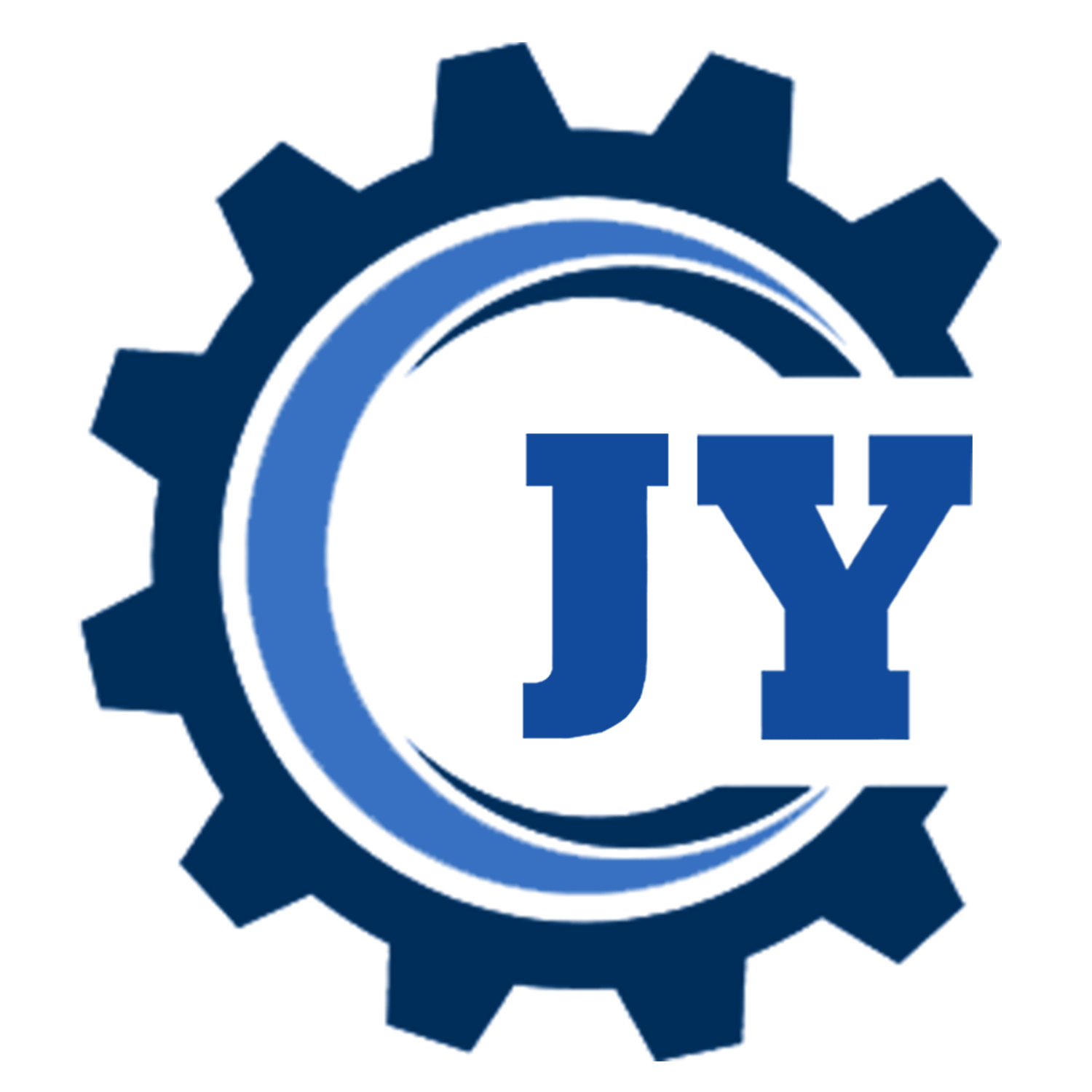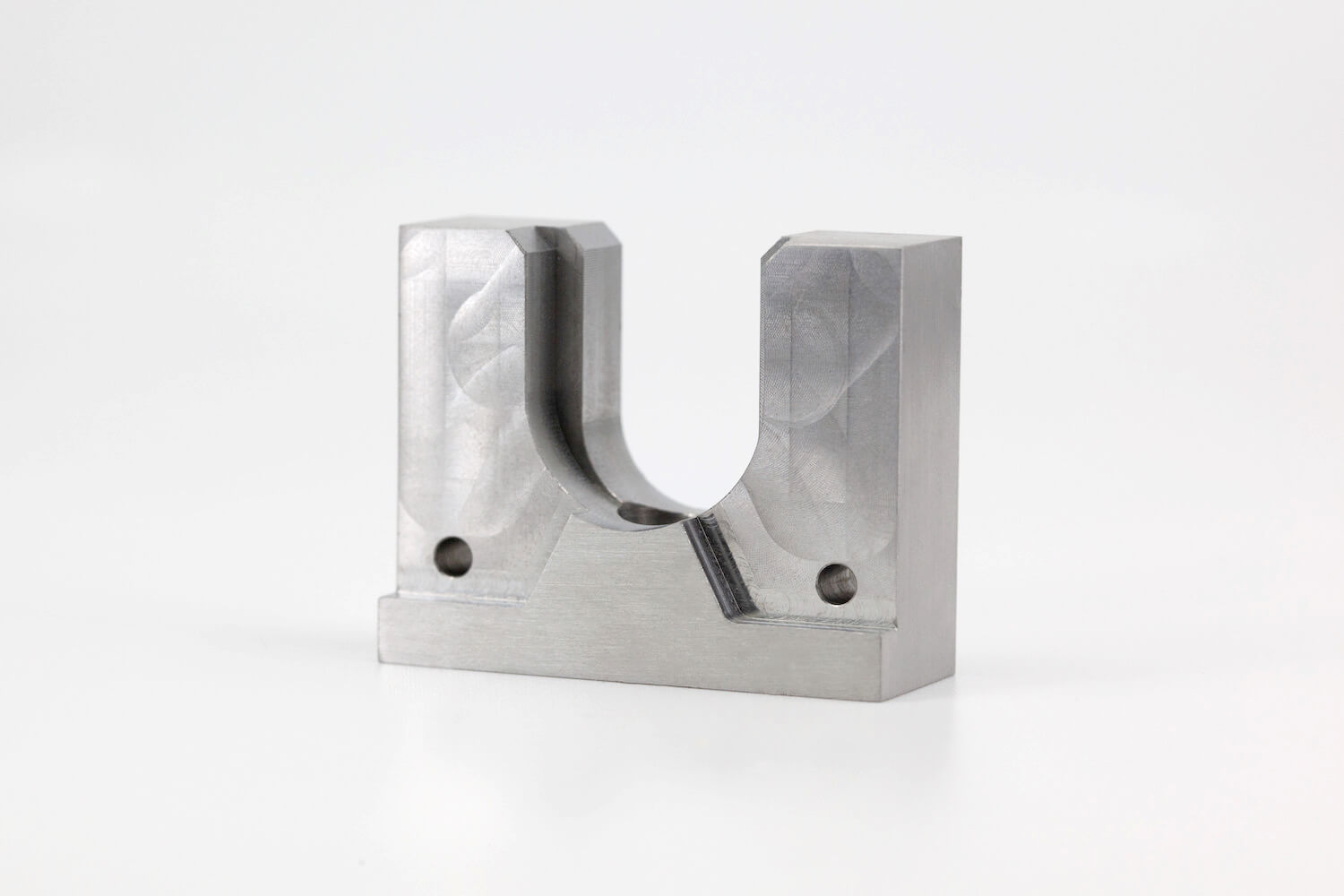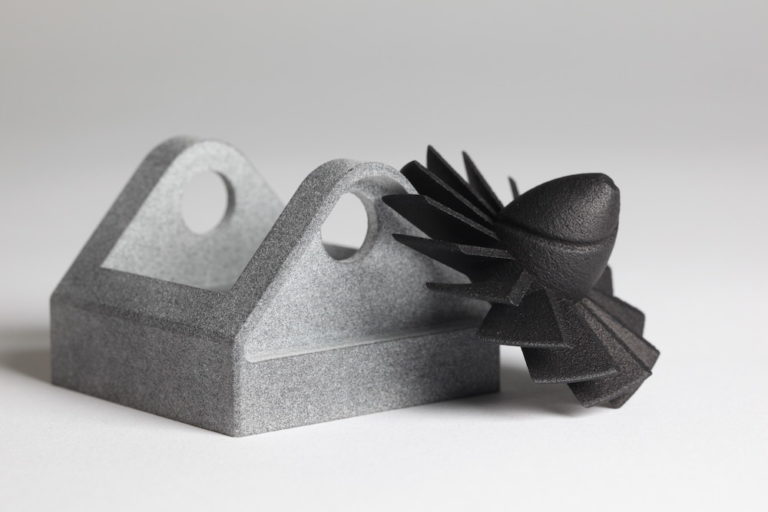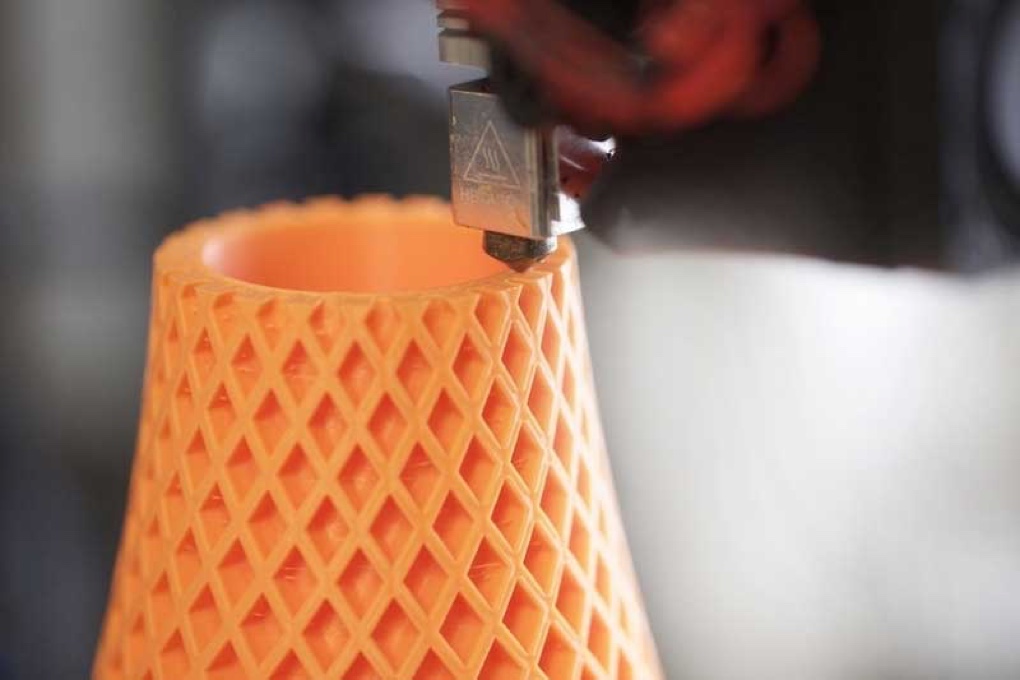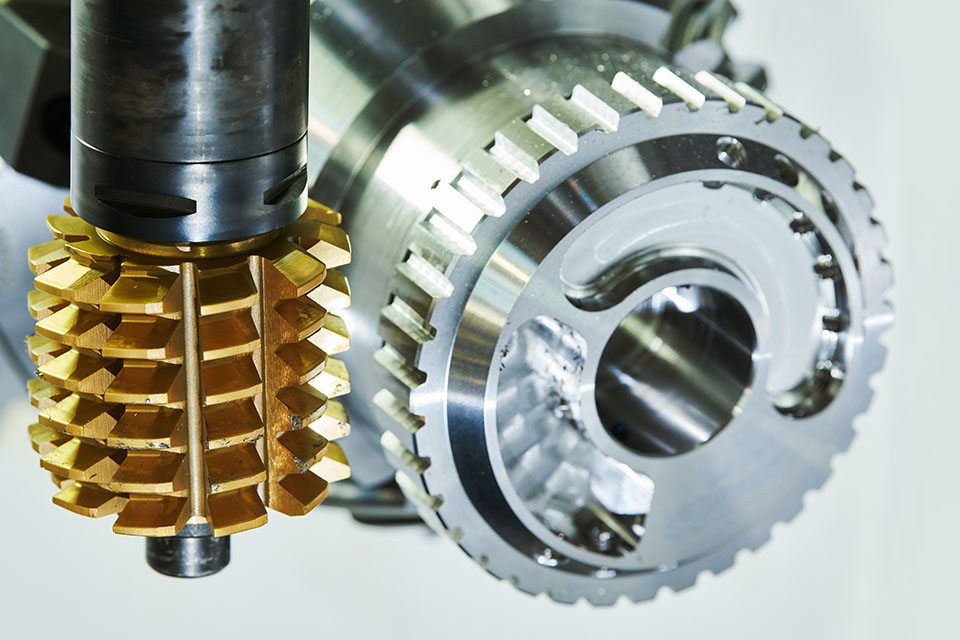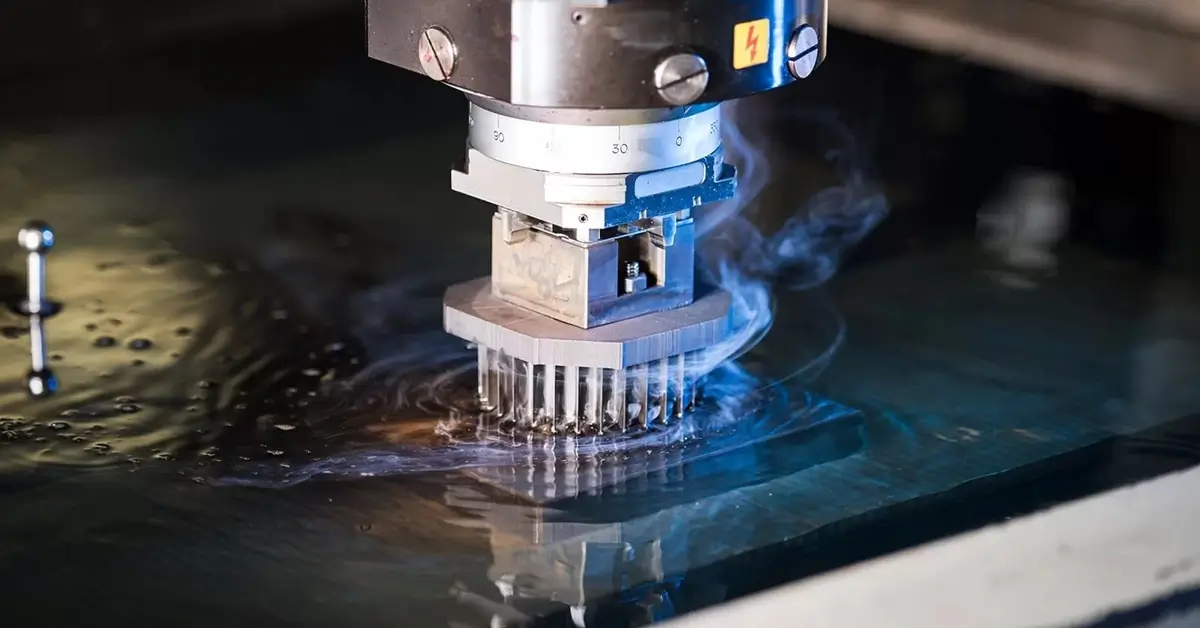Tungsten steel, also known as tungsten carbide, is one of the toughest, most durable materials used in manufacturing today. Its impressive hardness and resistance to wear make it an ideal choice for industries that require high-performance parts capable of withstanding extreme conditions. But working with tungsten steel isn’t a simple task—it requires specialized machining processes to unlock its full potential.
In this blog, we’ll explore the unique challenges and solutions when it comes to tungsten steel machining, why it’s crucial for specific industries, and how advanced techniques can help you achieve precise, reliable results.
Why Tungsten Steel is a Go-To Material for Precision Manufacturing
Tungsten steel’s exceptional hardness—second only to diamond—makes it indispensable for applications that demand high strength and wear resistance. This material can withstand extreme temperatures, pressures, and mechanical stress, making it a prime choice for industries like aerospace, automotive, mining, and even medical technology.
Key properties of tungsten steel:
l Extreme Hardness: Tungsten steel is nearly as hard as diamond, making it ideal for cutting tools, drilling equipment, and high-performance mechanical components.
l Wear Resistance: It resists abrasion, corrosion, and wear, making it perfect for machinery that operates in demanding environments.
l High Melting Point: Its resistance to high temperatures allows it to perform under intense heat without losing strength or performance.
These characteristics make tungsten steel essential for products like drilling bits, turbine blades, industrial tools, and high-performance automotive components.
The Challenges of Tungsten Steel Machining
While tungsten steel’s properties make it a highly sought-after material, they also present challenges when it comes to machining. Standard cutting tools and machining techniques often struggle with tungsten steel due to its hardness and brittleness. For instance, traditional cutting methods may cause excessive tool wear, inaccuracies, or even breakage.
Common challenges in tungsten steel machining:
l Tool Wear: Tungsten carbide’s hardness means it wears out standard tools much faster than softer materials. Specialized tools and coatings are required to extend tool life.
l Brittleness: Despite its strength, tungsten steel is brittle under certain conditions. Machining it requires precision to prevent cracking or chipping.
l Heat Generation: The high temperatures generated during the cutting process can cause tool degradation or part distortion. Proper cooling and cutting parameters are essential to mitigate heat buildup.
To overcome these challenges, manufacturers must rely on specialized machining techniques and advanced tooling to ensure accuracy and efficiency.
Machining Tungsten Steel: The Right Tools and Techniques
To successfully machine tungsten steel, precision is paramount. Below are some of the key techniques and tools used to ensure high-quality results:
- CNC Milling with Carbide Tools
CNC milling machines equipped with carbide or diamond-coated tools are commonly used for tungsten steel machining. These tools can withstand the material’s hardness and maintain sharp cutting edges. CNC machines offer high precision and automation, which helps improve repeatability and consistency in production.
- Wire EDM (Electrical Discharge Machining)
For intricate shapes or delicate parts, Wire EDM is an effective method. This non-contact process uses electrical discharges to erode material, making it ideal for complex tungsten steel components. Wire EDM provides extreme precision and is especially useful for producing intricate parts that would be difficult to achieve with conventional cutting methods.
- Laser Cutting
Laser cutting is another advanced method used for tungsten steel machining. It’s particularly useful for cutting thin sheets or intricate shapes with minimal material distortion. The high precision of laser cutting allows for clean edges and detailed cuts, making it suitable for parts used in high-performance environments.
- Grinding
Surface grinding or cylindrical grinding is often used for finishing tungsten steel components. This process involves using an abrasive wheel to smooth surfaces and achieve the desired dimensions and surface finish. Grinding is essential for parts requiring tight tolerances or a polished surface.
Applications of Tungsten Steel in Modern Industries
Tungsten steel machining is crucial for a wide range of industries that demand high-strength, durable, and precise components. Here are a few sectors that benefit from this material:
- Aerospace
In aerospace, components like turbine blades, nozzles, and drill bits require the toughness and heat resistance of tungsten steel. These parts are subjected to extreme conditions, where durability is essential for the safety and performance of aircraft engines and spacecraft.
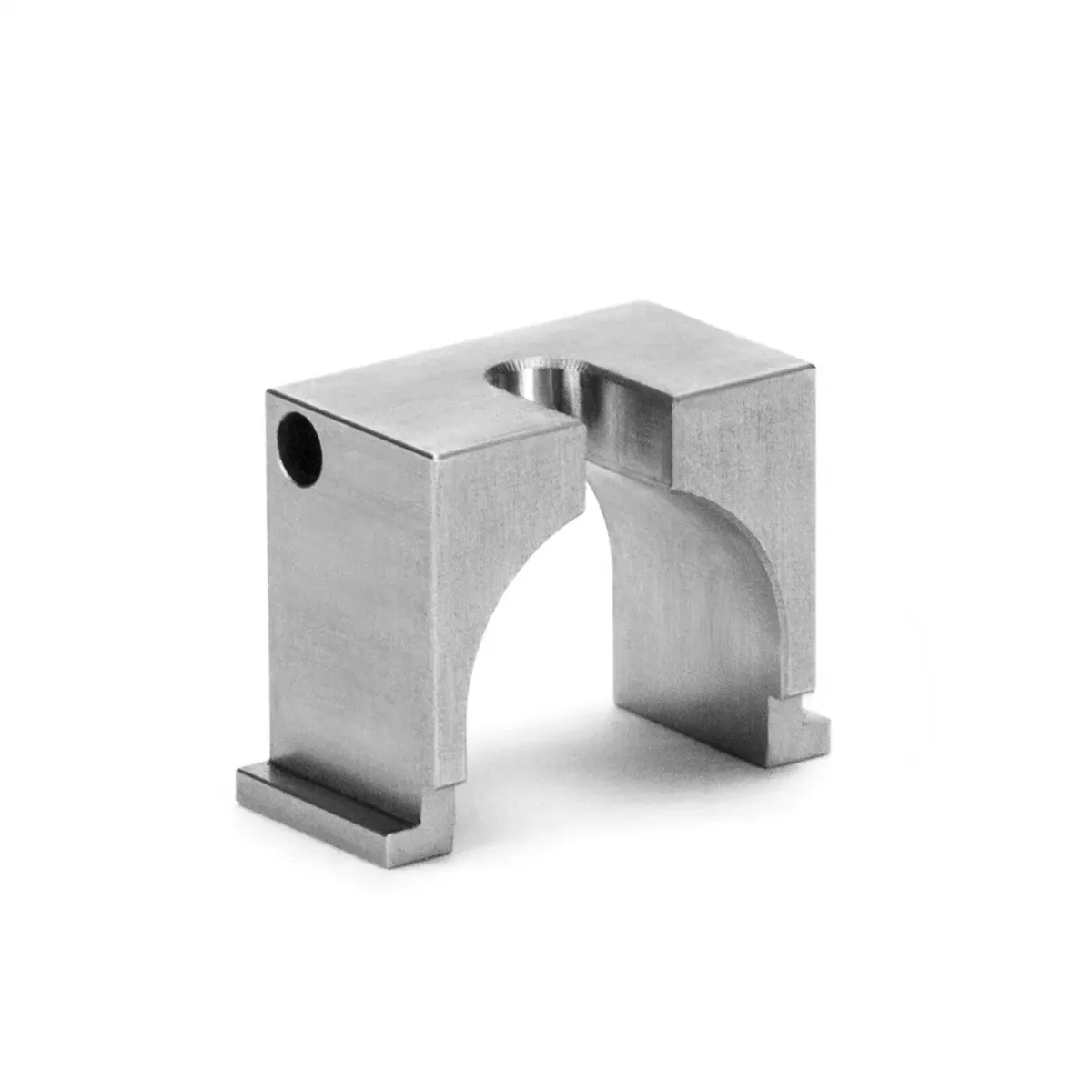
- Mining and Drilling
Tungsten carbide drill bits, mining tools, and cutting edges are built to withstand the harsh conditions of mining operations. The material’s resistance to wear ensures longer tool life, reducing downtime and improving productivity.
- Automotive
In automotive manufacturing, tungsten steel is used for precision tools, valves, and engine components. Its hardness ensures that parts last longer and perform better, contributing to the efficiency and reliability of vehicles.
- Medical
Tungsten steel is also used in medical devices such as surgical instruments and implants. The material’s biocompatibility and strength make it suitable for tools that need to maintain sharpness and precision, even under heavy use.
Why Choose Our Tungsten Steel Machining Services?
Machining tungsten steel is no easy feat, and it requires expertise, the right equipment, and a keen understanding of the material’s properties. With our advanced machining services, we can help you achieve the precise results you need for your high-performance applications. Here’s why we’re the right choice:
l Expert Technicians: Our team has years of experience working with tungsten steel, ensuring that we can meet even the most complex machining requirements.
l Advanced Equipment: From CNC milling machines to Wire EDM and laser cutting, we use the latest technology to ensure precision and efficiency.
l Tailored Solutions: We understand that every project is unique, and we offer customized machining solutions to meet your specific needs.
Tungsten steel machining is a vital process for producing high-performance components that can withstand extreme conditions. With its superior hardness and durability, tungsten steel is a go-to material for industries requiring precision, strength, and reliability. However, to unlock the full potential of tungsten steel, advanced machining techniques and tools are essential.
If you’re looking for a trusted partner to help with your tungsten steel machining needs, look no further. Our expert team and cutting-edge equipment are here to provide you with the high-quality, precision parts you need to excel in today’s competitive market.

